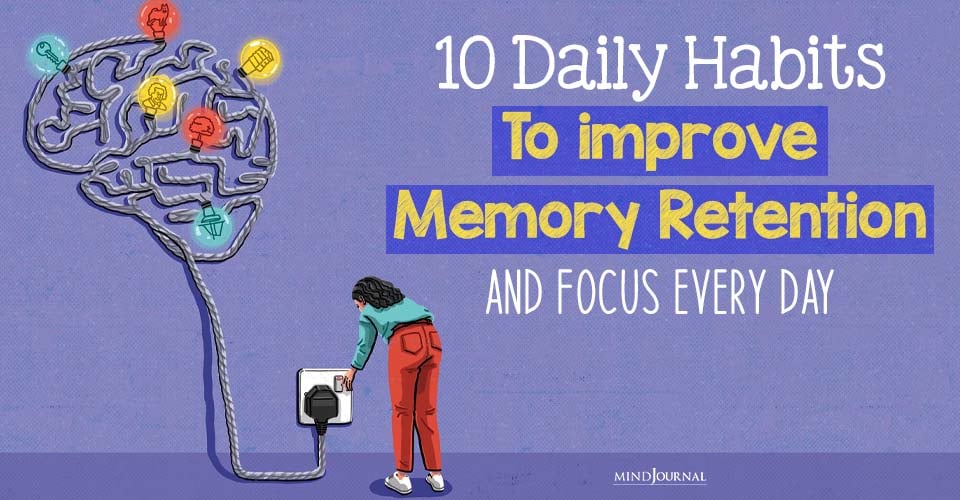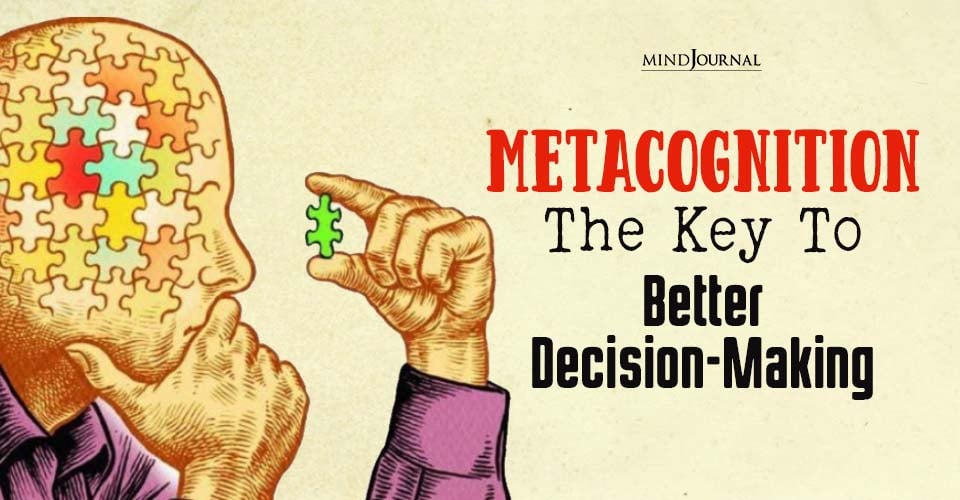Popcorn brain. Sounds funny, right? Like your brain is a bag of kernels, popping non-stop, never slowing down. But that’s exactly how it feels. One thought jumps to the next. One video leads to another. One notification pulls you in, and suddenly, hours have vanished.
It wasn’t always like this. There was a time when boredom existed. When waiting in line meant staring at the wall, not scrolling through endless content. Now, the moment silence creeps in, we reach for our phones—almost without thinking. Guilty as charged!
But what if this constant stream of digital snacks is changing our brains? What if it’s making it harder to focus, to think deeply, to just be still? Scientists say it is. And your phone might be the biggest culprit.
But don’t worry—we’ve got you covered. In this article, we’ll break down what popcorn brain really is, why it happens, and most importantly, how to prevent it.
Read More: How To Improve Attention Span: 25+ Practical Tips For Boosting Your Attention
What Is Popcorn Brain?
Popcorn brain is that restless, scattered feeling when your mind jumps from one thing to the next—like popcorn kernels popping wildly in a hot pan. And in today’s digital world, it’s becoming more common than ever.
The term “popcorn brain” was first introduced by David Levy, a researcher at the University of Washington in 2011. It describes a mental state where your attention is fragmented, your thoughts feel jumpy, and your brain struggles to slow down. And out moms were right – it’s that damn phone.
Think about it—every time you scroll, tap, or swipe, your brain is flooded with rapid bursts of information. Social media feeds flash images and videos at lightning speed. Notifications buzz constantly. It’s like stepping into a digital amusement park where the lights never dim. And just like an overstimulated child leaving a carnival, your brain can feel wired, restless, and exhausted.
According to experts, this constant sensory overload may lead to a shorter attention span and scattered thinking. In fact, research shows that increased screen time—especially in young children—is linked to attention issues. One study published in PLOS One found that preschoolers who spent more than two hours a day on screens were more likely to experience focus problems.
Fortunately, this condition isn’t permanent, and you can easily fix it. But first, let’s understand what causes popcorn brain!
Read More: 14 Puzzles And Riddles That Test Your Attention Skills
What Causes Popcorn Brain?
While research shows noticeable differences in the brains of heavy versus light screen users, it’s still unclear if media use directly causes these changes. However, experts have some theories about how excessive screen time might affect your attention span:
- Instant Gratification and Reward:
Constant screen trains your brain to crave immediate gratification. Bouncing between apps and websites releases feel-good chemicals like dopamine and endorphins, which make you feel less stressed or happier. - Phone as a Source of Comfort:
Over time, your brain learns to associate your phone with relief from discomfort. Whenever you feel even the slightest bit uneasy, you may instinctively reach for your phone as a source of quick satisfaction. - High-Stimulation Content:
With constant exposure to fast-paced, high-stimulation content, your brain begins to define “reward” as something that is instantly gratifying—like a social media scroll or a viral video. - Tech Overload Dulls Other Activities:
As your brain gets used to this rapid, high-reward cycle, other activities may struggle to hold your attention. Simple, slower-paced tasks may no longer feel as engaging, as they don’t offer the same level of stimulation that technology does.
Signs Of Popcorn Brain
Dr. Mazher Ali identifies five key symptoms of popcorn brain:
- Constant distractions – A persistent urge to check notifications or switch tasks, making it difficult to stay focused.
- Difficulty concentrating – Struggling to engage deeply with a single task, as attention constantly shifts.
- Feeling overwhelmed – An overload of information and tasks creates stress and a sense of mental chaos.
- Seeking validation through social media – Relying on likes, comments, and online interactions for self-worth.
- Constant busyness without productivity – Always multitasking but rarely feeling accomplished, leading to frustration and inadequacy.
How to Fix or Prevent Popcorn Brain
If you’re feeling the effects of popcorn brain, don’t worry—there are plenty of ways to regain control over your attention and reduce the constant pull of digital distractions. Here are some expert-backed strategies to help you refocus and reduce the impact of screen overload:
- Adjust Screen Time Settings
One of the simplest ways to regain control is by setting limits on your screen time. Many phones and apps allow you to track and control how much time you spend on them. Set daily limits for social media, gaming, or browsing. This can help you develop awareness of how much time you’re really spending on screens, and it encourages you to take breaks and step away from your phone. - Use the Pomodoro Technique
The Pomodoro Technique is a productivity method that involves working in short, focused bursts (usually 25 minutes), followed by a 5-minute break. This technique helps train your brain to focus for short periods and rewards you with a quick rest, making it easier to build attention and concentration over time. It’s a great way to work on tasks without feeling overwhelmed or distracted. - Set Up Tech-Free Zones
Designate certain areas in your home or workspace as “tech-free zones.” This could be the dinner table, your bedroom, or a cozy reading nook. By creating spaces where your phone or other devices are off-limits, you can foster moments of stillness and reconnect with the present, reducing the temptation to constantly check your screen. - Exercise Your Mind and Body More Often
Regular physical exercise isn’t just good for your body—it’s great for your brain too! Activities like walking, yoga, or even a quick workout can help reduce stress and improve your ability to focus. Mental exercises, like reading a book or practicing mindfulness, can also help strengthen your attention span and train your brain to handle extended periods of concentration. - Seek Support If You Need More Help
If you find that reducing screen time or improving focus is particularly challenging, you don’t have to do it alone. Seeking support from a therapist, coach, or even friends can provide you with tools and strategies to manage distractions better. Sometimes, just talking about your struggles can help you understand the root causes and find ways to cope.
Read More: What Is Pomodoro Technique? 10 Ways To Use It To Get More Done in Less Time
Frequently Asked Questions (FAQs):
Can popcorn brain be permanent?
No, popcorn brain is not a permanent condition. With some lifestyle changes, such as reducing screen time and practicing mindfulness, you can improve focus and reduce the effects of popcorn brain.
Is there a connection between popcorn brain and mental health?
Yes, popcorn brain can contribute to feelings of anxiety, stress, or even depression. The constant barrage of information and the need for validation from social media can overwhelm your mental health and affect your ability to concentrate.
Can kids experience popcorn brain?
Yes, children who spend excessive time on screens, especially on social media or fast-paced content, can develop shorter attention spans and find it harder to focus, which are symptoms of popcorn brain.
Does popcorn brain affect productivity?
Yes, it does. The scattered nature of your thoughts and constant distractions make it more difficult to focus deeply on tasks. As a result, you may find yourself multitasking without actually accomplishing much.
Reference links:
- https://journals.plos.org/plosone/article?id=10.1371/journal.pone.0213995
- https://www.hindustantimes.com/lifestyle/health/what-is-popcorn-brain-5-ways-its-impacting-your-mental-health-101709978798994.html
- https://wired.me/science/do-you-have-a-popcorn-brain/










Leave a Reply